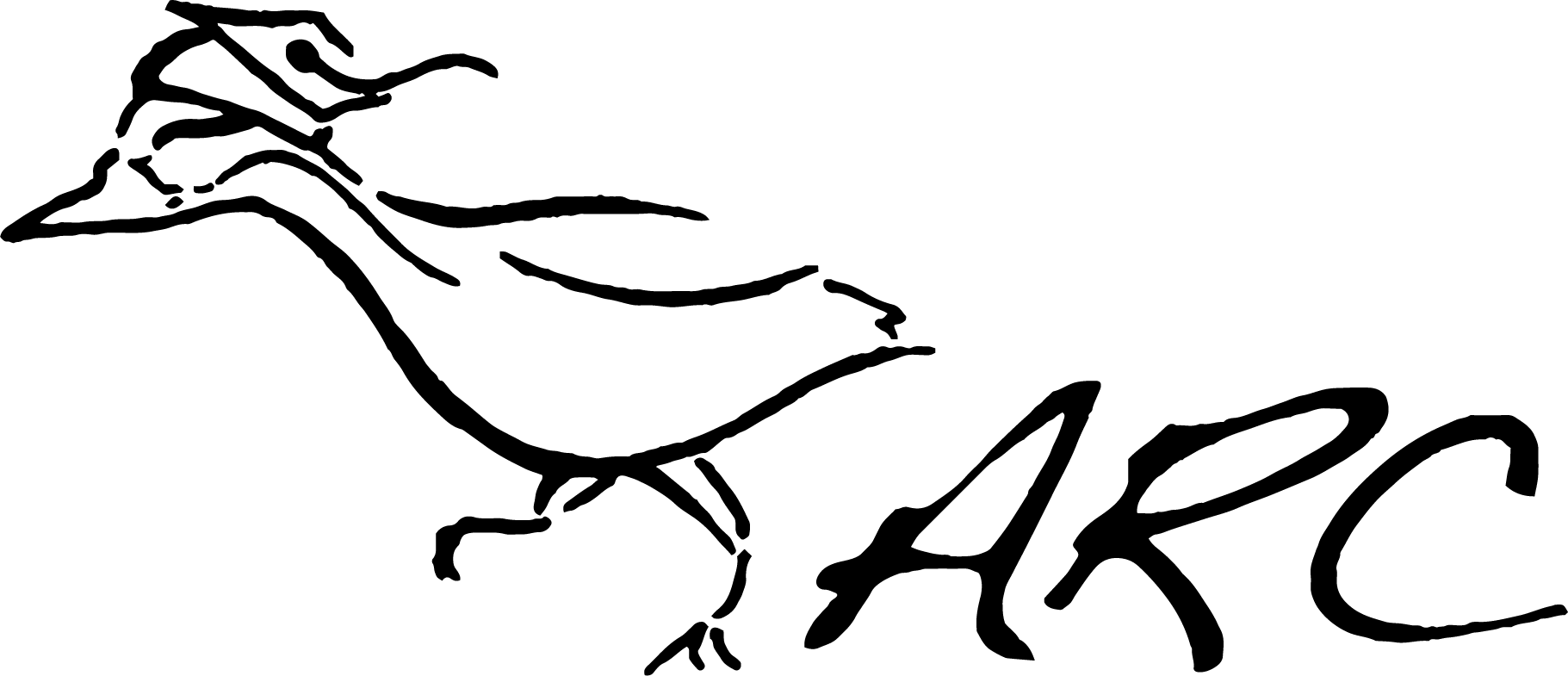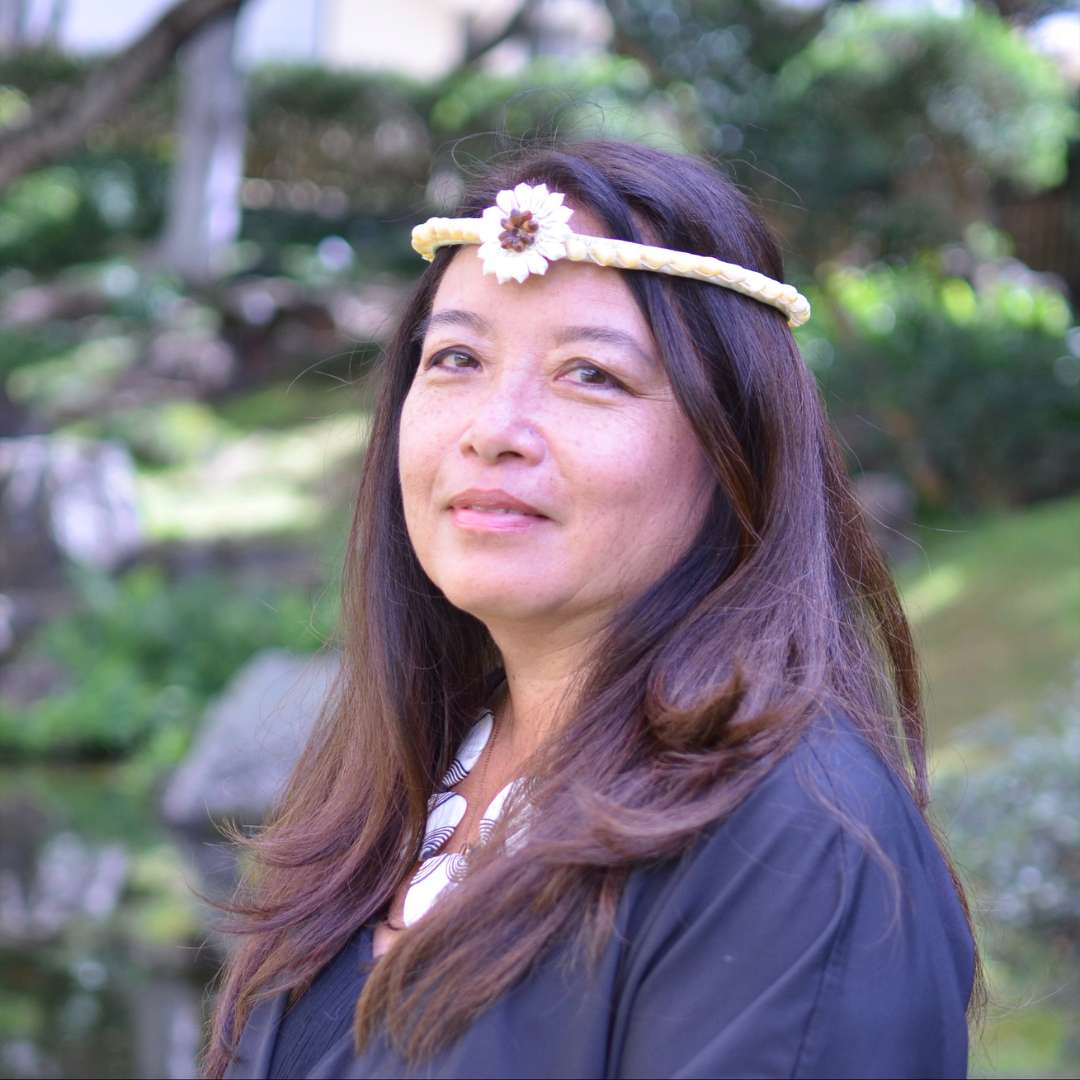CLASS Annual Research Conference
CLASS Annual Research Conference
CLASS Annual Research Conference

KEYNOTE DETAILS
Dates: Thursday, March 6, 2025
Time: 5:30 p.m.
Location: CLASS Lecture Hall
CONFERENCE DETAILS
Dates: Friday, March 7, 2025
Time: 9:00 a.m. - 4:00 p.m.
Location: Humanities & Social Sciences (HSS) Building
SEND US YOUR THOUGHTS!
Please connect with us at: arc@triton.uog.edu.




